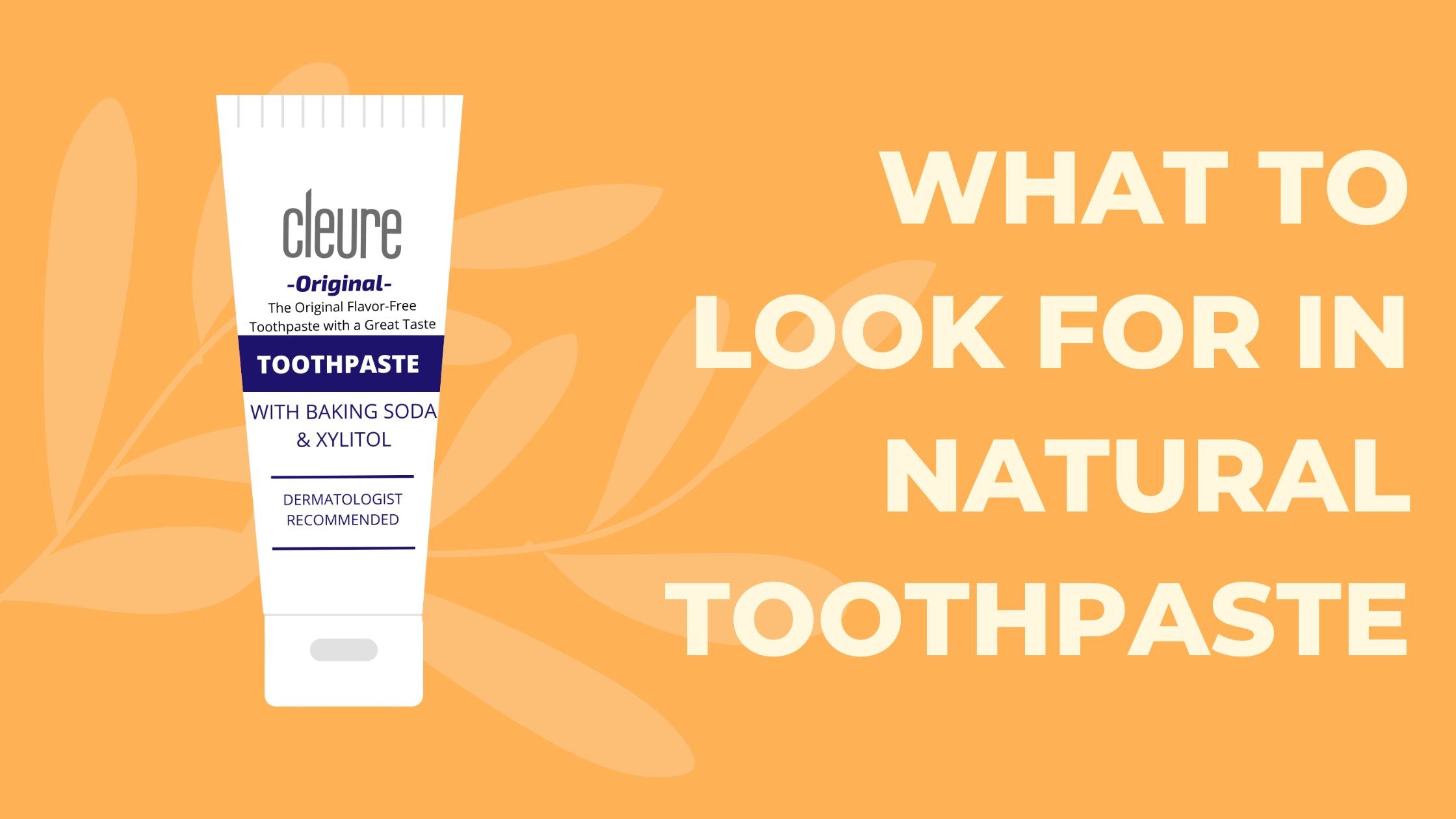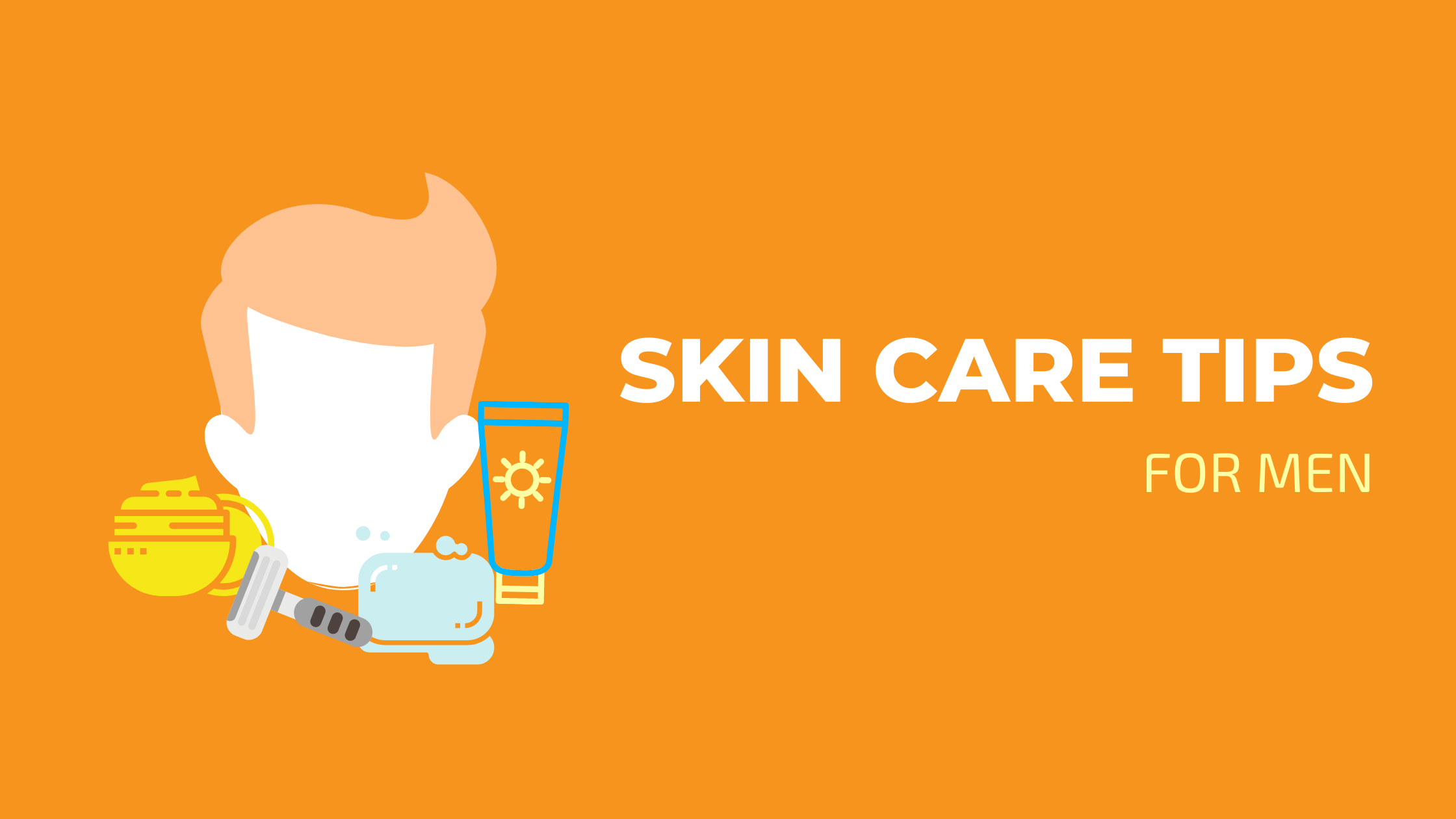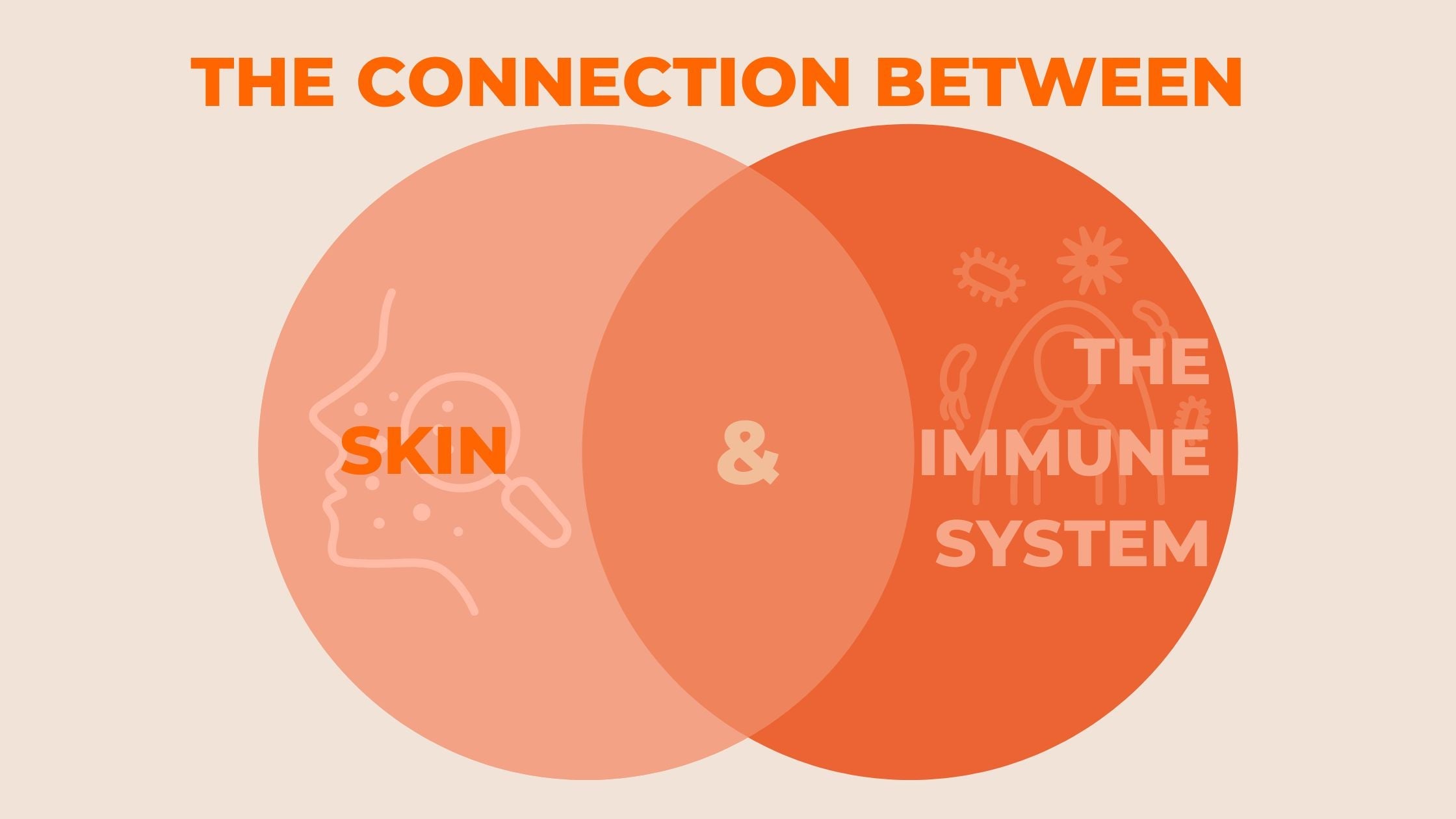
What to Look for in Natural Toothpaste
If you choose toothpaste based on ingredients and not on what the label promises, this article is a must read. For example, certain ingredients in most commercial or natural toothpaste can actually reverse the initial stage of tooth decay, while others may increase the risk of canker sores.
Is Natural Toothpaste Better?
Many toothpaste brands claim to be "natural". However, this is a very broad term that can mean the toothpaste has one or more plant ingredients, or that it has no preservatives with a short shelf life. Although some brands may indicate no preservatives, this is unlikely, since without preservatives, you would have to keep the product in the refrigerator and use it within a few days to prevent mold. More likely, natural toothpaste refers to one or more plant ingredients in them, non-withstanding the harsh and irritating ingredients as well.
The best way to pick the right and best toothpaste for you is to have basic knowledge of ingredients that will actually help you have a healthy mouth. What does this mean?
- Helps prevent tooth decay
- Helps prevent gum disease
- Fights bad breath
Ingredients to Help Save Your Teeth
Re-mineralizing your teeth is the term used to strengthen the outer layer of teeth (enamel). This is important because if you stop tooth decay in its initial stage, it won't advance to destroy tooth structure (becomes arrested). Keeping your teeth clean of plaque (the soft film that builds on your teeth and gums daily) by brushing and flossing is one way to prevent tooth decay. There are other factors that are important as well, that certain ingredients can enhance. For example, keeping your mouth at a neutral pH and not dry, will not allow harmful bacteria to thrive and grow in population.
Dicalcium phosphate
Dicalcium phosphate functions by balancing calcium and phosphate levels for healthy teeth. It helps re-mineralize areas of teeth that have been attacked by acid and become weak and prone to tooth decay. It can help reverse initial stages of tooth decay.
Xylitol
Xylitol has been reported in studies to help prevent tooth decay by as much as 40% - 60%. It promotes saliva, which is very important towards preventing tooth decay. It also is an excellent safer alternative to saccharin.
Baking soda removes surface stains which if not cleaned can provide a rough surface for harmful bacteria in plaque to adhere to.
Ingredients to Avoid
Certain ingredients, whether in natural or commercial toothpaste, may not be beneficial to healthy oral care. These include:
Sodium lauryl sulfate
Sodium lauryl sulfate is a harsh detergent that has been shown to increase the risk of canker sores. It's used as a foaming agent in toothpaste, shampoos and soap. Many are finding they are allergic to it with symptoms of dry skin and rashes.
Saccharin
Saccharin is an artificial sweetener that may not be the best option for children's toothpaste. Xylitol has a dual action benefit as sweetener and helping to prevent tooth decay safely.
Triclosan
Triclosan is an antimicrobial agent also found in shampoos, deodorants, soap and other personal care products. The Center for Disease Control (CDC) warns against frequent use of such antimicrobials, since they may lead to antibiotic resistant strains of bacteria.
Fluoride
Fluoride controversy has been around for many years. Fluoride becomes of concern when used in children's toothpaste. Many of these have added color and flavors that taste like candy. This is a temptation to swallow the paste that tastes like candy. Fluoride is toxic when swallowed. Xylitol is showing growing promise to be safe and effective for tooth decay.
In general, it's best to choose your toothpaste based on ingredients and not what the label says. Flavor can also be deceiving. Most toothpaste have a strong mint flavor, which many individuals are finding they are allergic to. Cleure natural toothpaste has the best great tasting flavor-free toothpaste.




1 comment
I have been diagnosed with licus
Planus
Will your toothpaste and mouthwash help.
Rhoda clovis
Leave a comment
This site is protected by hCaptcha and the hCaptcha Privacy Policy and Terms of Service apply.